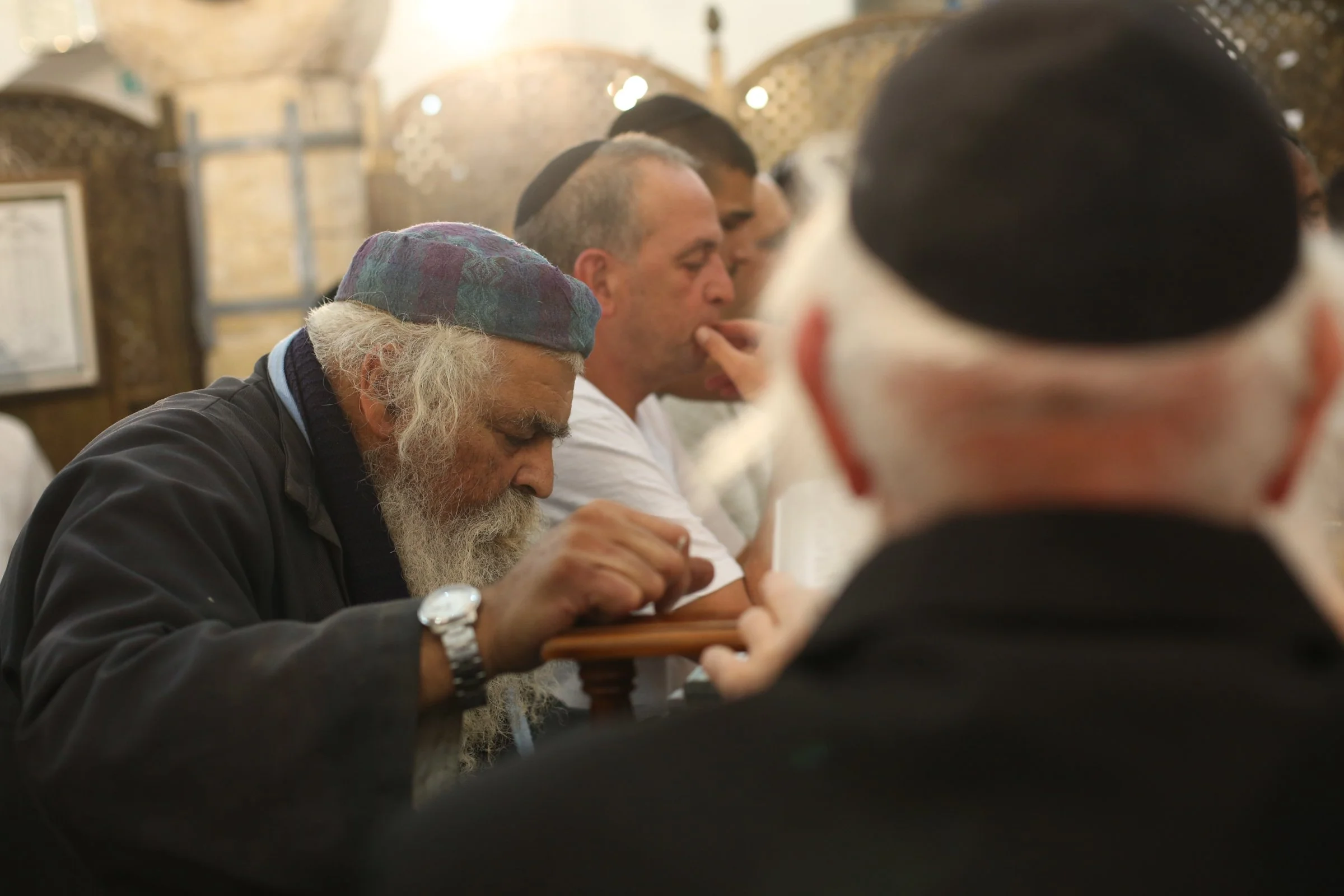Several aspects of sanctification are important to Christians. The primary meaning, which occurs at the moment of our salvation, is the dedication, consecration, and setting apart of the Christian for the holy work of God. And the secondary meaning of sanctification is the cleansing and purging of all moral defilement, which is an ongoing, progressive experience for the believer. Lastly, the complete and final sanctification occurs when Jesus returns, and we are delivered from our old sinful nature into a resurrected eternal, incorruptible body.
Born Again of The Spirit
One of the most critical verses we find in scripture is in Jesus’ conversation with Nicodemus. Jesus told him, “Most assuredly, I say to you, unless one is born again, he cannot see the kingdom of God” (John 3:3). Being born again is undeniably essential for our salvation. But what exactly is our new birth?
The Creation of Man
The first Hebrew word in the Bible is Be-reisheet. This word signifies the very act of creation—God brought “being” into existence from “non-being,” something from nothing. In the beginning (Be-reisheet), the Lord God made all things perfect. Each living organism on earth was divinely planned and woven into the most remarkable fabric of creation, a living tapestry of God’s artwork. Every detail, carefully and methodically executed by the wisdom of God, for a creation without wisdom would be chaos.
The Holy Spirit
After the resurrection of Jesus, He appeared to the disciples, saying, “Peace to you! As the Father has sent Me, I also send you. And when He had said this, He breathed on them, and said to them, ‘Receive the Holy Spirit’” (John 20:21-22). Fifty days later, on Pentecost (Shavuot), Jesus told His disciples: “You shall receive power when the Holy Spirit has come upon you; and you shall be witnesses to Me in Jerusalem, and in all Judea and Samaria, and to the end of the earth” (Acts 1:8). Notice the Holy Spirit came in two forms: first in peace—the fruit of the Spirit. And then in power—the baptism of the Holy Spirit.
Should I Keep Kosher?
There has been much written about why the Lord gave Israel laws separating the clean from unclean, the holy from the unholy, generally categorized in Judaism as the “laws of Kashrut.” Interesting, the Lord’s categorization predates the Mosaic Law, as it is written, “You [Noah] shall take with you seven each of every clean animal, a male and his female; two each of animals that are unclean, a male and his female” (Genesis 7:2, NKJV).
Discipleship Through the Mosaic Law
I find it interesting how the church has reached a place where the mere expression ‘we are no longer under the law,’ has somehow erased God’s moral standards as a prerequisite for living a holy and sanctified Christian life. In fact I believe it has led some into apostasy due to a lack of accountability, and has begun to present the world a church that looks very much the same.
Where Did the Oil Go?
I was invited to lead a Saturday morning consecration service at an African-American church in northeastern Washington, D.C. The church meets inside a converted small colonial white house perched on a street corner across from a local market. This is an established working-class neighborhood surrounded by government housing projects. The pastor and the congregation are spirit-filled and deeply hungry for their Hebraic roots.








